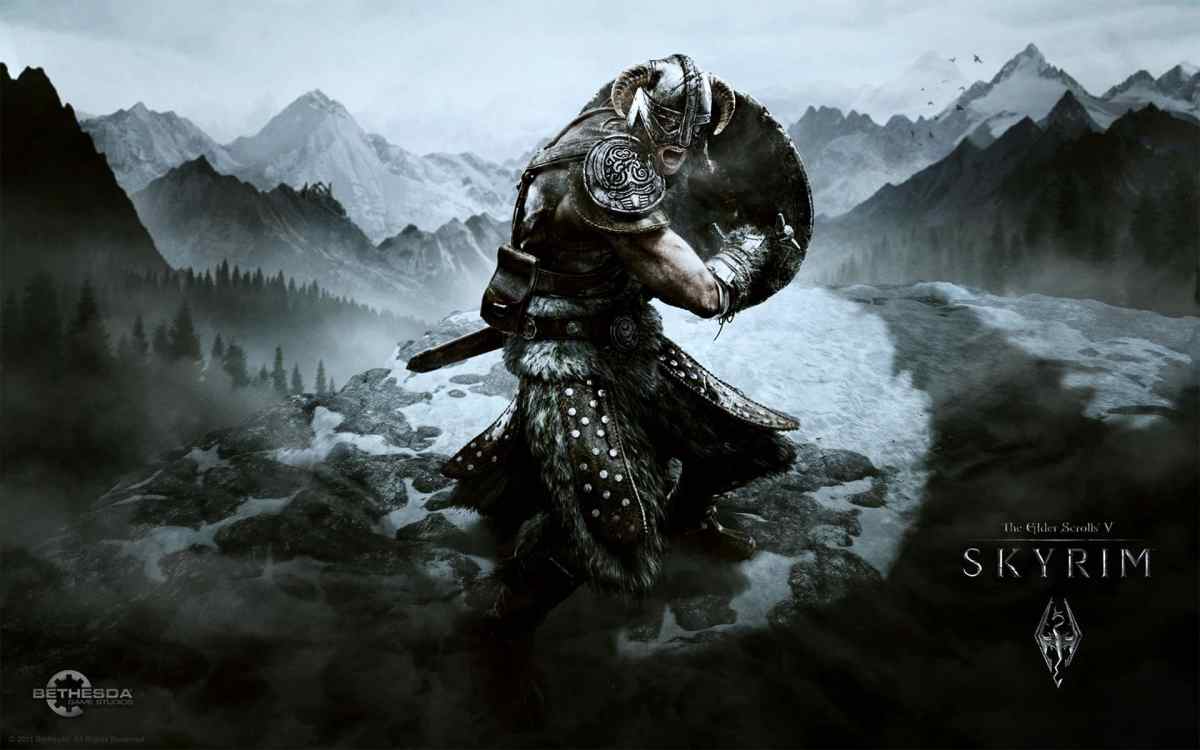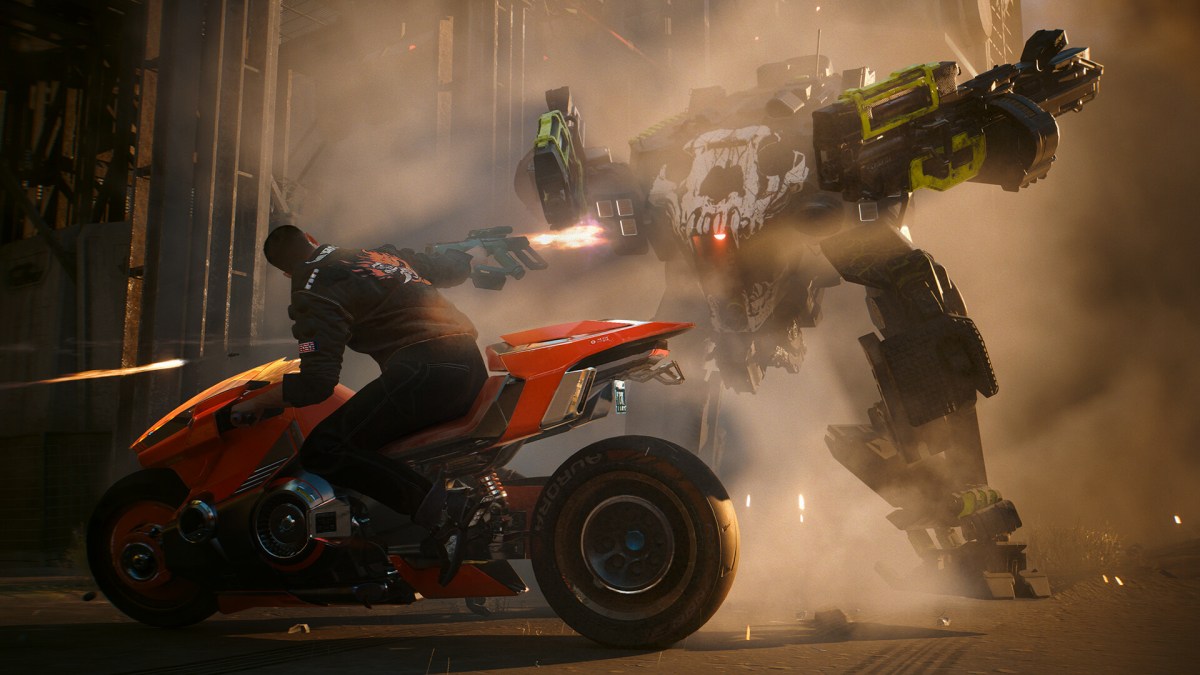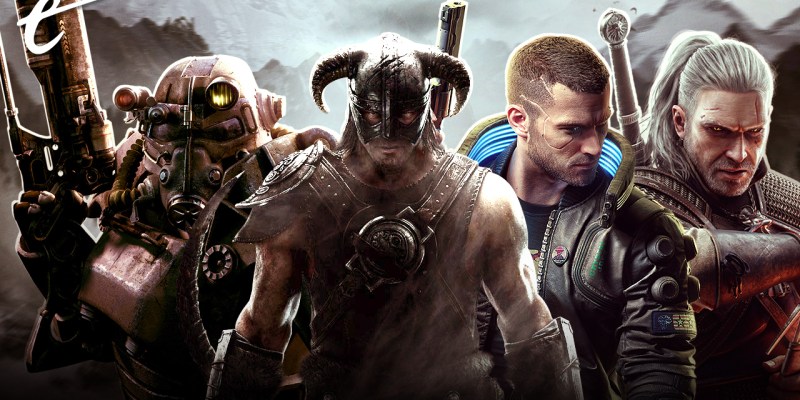I love open-world games. Their vastness, the countless secrets beautiful sights hidden around every corner, and the memorable moments they can create are the stuff of my dreams. My problem is with their stories, and it rarely has to do with the quality of the writing. 300 square miles of map is great, but if all I’m left with after the credits are a handful of self-contained narratives and optional activities, my connection to the game quickly evaporates.
I first realized this quirk of mine back when I first played Fallout 3. After leaving Vault 101, I turned right instead of left, walking far afield of Megaton and the main story. As far as I knew, the father I was searching for could be anywhere in the Capital Wasteland, and as such, I was free to look anywhere I pleased. I explored the entire southeastern quadrant of the map before finally finding Megaton — 40 hours late.
In just 15 more hours, I’d rescued dad, put down the bad guys, and was set loose on the Wasteland once more. But after taking stock of how much I’d seen, all I could manage was shrugging my shoulders and moving on. I never picked up the game again.
That same sequence has happened with every open-world game I’ve played in the last fifteen years. Even The Witcher 3 isn’t immune to my proclivities. Instead, I will play twenty hours at a time and then not play for months to artificially extend my playthrough as long as possible.
There is only one exception to this rule of mine, and it’s as boring as it is obvious: I cannot stop reinstalling Skyrim. However, this outlier has nothing to do with the game itself. I’ve probably spent as much time browsing mod sites, installing, reordering, and optimizing my mod list as I have actually playing the game. Without the constant draw of additional content from the community, I can guarantee you The Game That Keeps Releasing™ would have gathered a mountain’s worth of dust by now.

Considering these disparate idiosyncrasies, coupled with my endless but recently-inconsistent love affair with Destiny 2, Honkai: Star Rail, and Genshin Impact, I’ve come to a realization. Games that keep me playing long-term always have some carrot I can chase, some form of progression — particularly narrative progression — so I can always see myself moving forward.
To wit: after the Destiny 2 seasonal story comes to a close, I have very little desire to play the game anymore. There haven’t been any major gameplay shakeups bringing me back either, and while I am curious how Bungie will tie up all its cash cow’s narrative threads, I’m not so deep into the gameplay loop that I absolutely must keep playing every day for weeks on end.
The one exception to that rule of mine was my time with Escape from Tarkov. I could give a hoot and a holler about what’s going on in that world. The game’s story flat-out bored me, in fact, when it was present at all. It was my story that mattered more. Every minute I spent in EFT was a chapter in a neverending story. I could learn, grow, and progress something about how my play and how I interacted with the world around me. It was so absorbing, in fact, that it became detrimental to my health, and I’ve since quit it like a bad habit. Which it was.
All this being said, there are some open-world games that aren’t Skyrim that I do actively return to that have a defined beginning and end. I’m in the middle of one of the longest Witcher 3 playthroughs imaginable, and was trying out Cyberpunk 2077 again from the start with all its new upgrades, and will do so again when the Phantom Liberty DLC drops. I also tend to play console exclusives again on PC, with special mention to Horizon Zero Dawn and God of War (2018). The same is true of every Soulsborne game FromSoftware has ever made, though I think in those cases, the fact that the story is so subtly told and evolves with additional playthroughs helps.

My frustration with open-world game stories, then, is not with the stories themselves, at least not for the most part. Design-wise, it makes no sense to require the player to go literally everywhere in what can be a 200+ hour completionist experience. It makes equally little sense to not put tons of optional content for the player to discover and experience the thrill of finding. My problem is all about consequence. After I beat a game’s main story campaign, it can feel to me like my actions no longer meaningfully change the world — the “change” is just the reward or equipment upgrade and the satisfaction of a smaller story well completed. In other words, there are no longer enough stakes for me to care.
I guess what I’ve been discussing here is that a story — any story — where there are no stakes, no reason for me to care beyond my personal curiosity, has no value to me. Those stakes might even be artificial, as with Destiny 2 or Genshin, or they may be imposed by a game’s complexity and difficulty, as in Tarkov. But even in games as generation-defining as The Legend of Zelda: Tears of the Kingdom or Fallout 3, once the credits roll and I’ve been assured the world is a better place, I have no more cliff to climb, and what remains undone will stay that way.
KEEP READING: My Journey with Barbas, from Skyrim NPC to Best Friend
